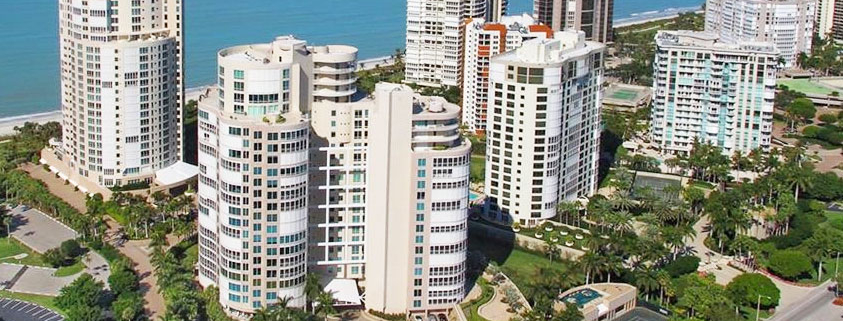Use of security cameras in communities
We are seeing more and more homeowners and condominium unit owners wanting to protect their property by installing security cameras. This can be a good idea but must be weighed against the privacy concerns of their neighbors.
Many homeowner and condominium associations also want to protect the common areas from vandalism and rule violations; such as in clubhouses and pool areas. Although cameras may not at first stop vandalism or violation of rules and regulations, they sure can be good for evidence needed to catch the perpetrators red-handed afterwards and the associations can then make them pay for damage done or rules broken.
Few declarations of covenants or declarations of condominiums address the ability to install and maintain security cameras, so in order to clarify the ability of owners to do so, many associations should consider amending their documents with something like the following:
For single-family homes: “Security cameras shall be permitted to be installed on an owner’s property, provided that such cameras are not visible from the street or other public area, the placement and use of such security cameras does not result in an improper view into another owner’s property, whether intentional or unintentional, but specifically excluding views from the front or side of the residence into the adjacent street or roadway and which might include some portion of the front yard or side yard areas of the property lying across the street or roadway, and the use of such security cameras is not used in a fashion to invade or disrupt any owner’s reasonable right of privacy. An owner’s failure to comply with the terms and provisions of this section shall constitute a nuisance under this declaration and a violation.”
For condominium units: “Unit owners may maintain security cameras within their units or on their lanais. However, no unit owner shall be permitted to maintain any security camera on or within their unit or their limited common element area appurtenant to such unit (such as their lanai) that is positioned in such a way as to film areas of the condominium property lying outside of their unit for which they do not have the exclusive use of.” Under this type provision, an owner can film the inside of their unit or their patio or lanai but no other parts of the condominium property that are shared by others.
For homeowners and condominium associations: “The association may, but shall not be obligated to, operate one or more cameras on the common areas for purposes of providing security for the property and its residents. In the event that the association does elect to use security cameras, each unit owner shall be deemed to have agreed, for such unit owner and such owner’s family members, guest and tenants, that the association is not and shall not be considered an insurer or guarantor of security for or pertaining to the property. The association shall not be held liable for any loss or damage by reason of failure in the security camera system or any other safety measures undertaken, each such individuals assume all risks for loss or damage to persons or property and to the contents of same, and each such individuals acknowledges that the association has made no representations or warranties related to the use and operation of security cameras.”
Associations must also understand not to place security cameras where a person has a reasonable expectation of privacy, such as in clubhouse restrooms, locker rooms or showers. People generally do not have an expectation of privacy in other common areas that are open to residents and guests.

